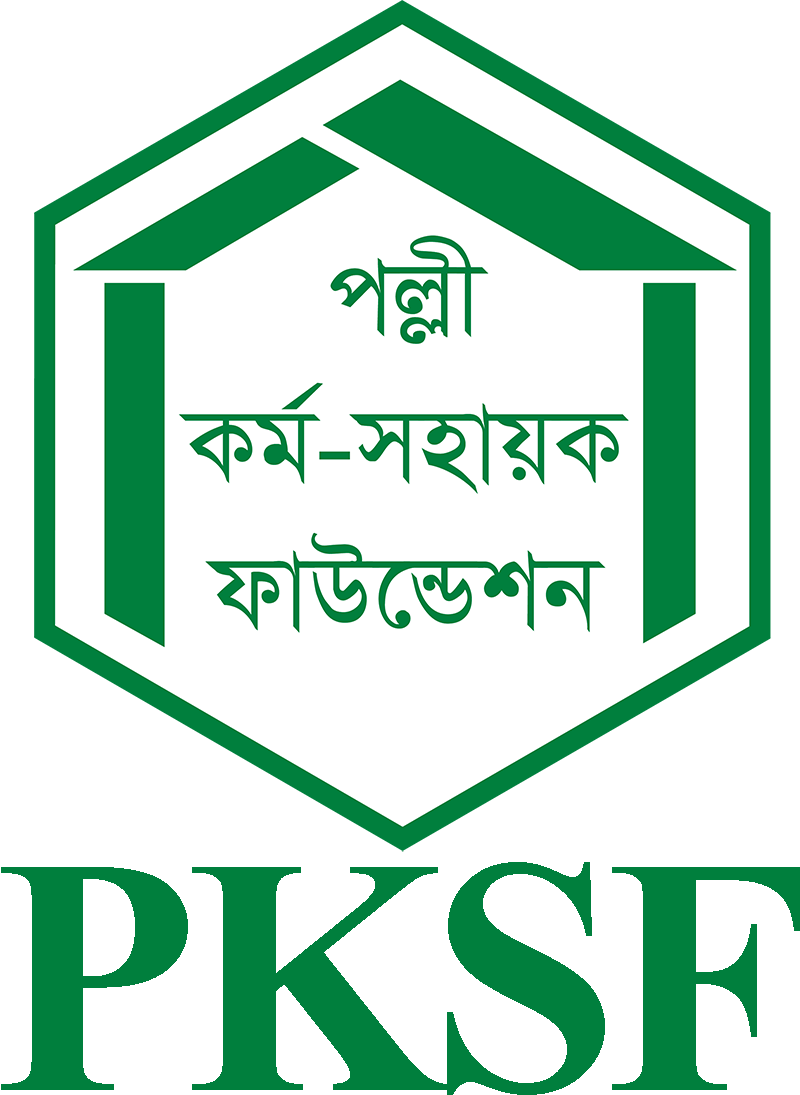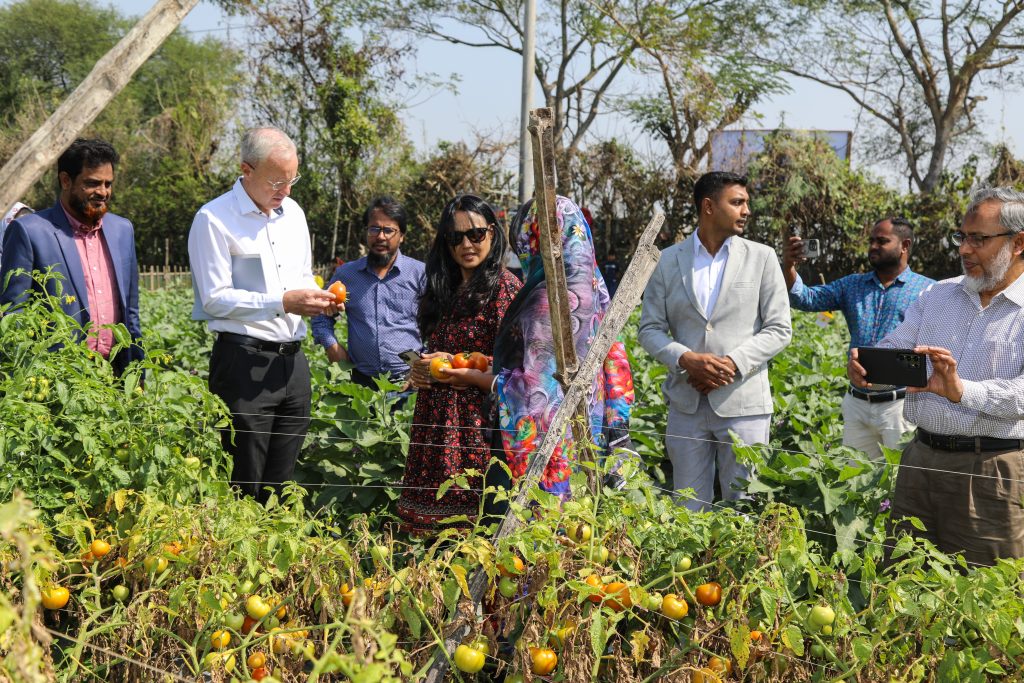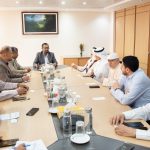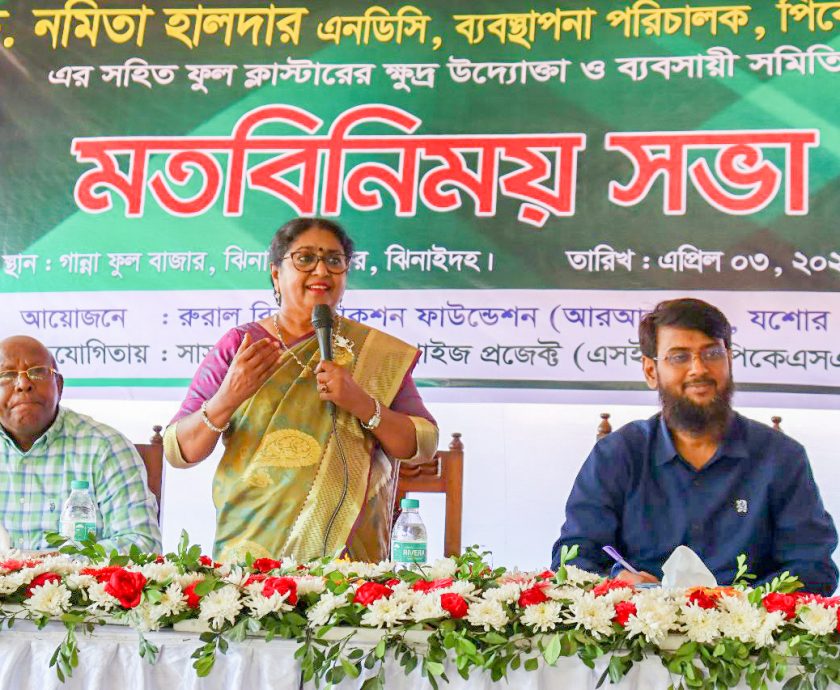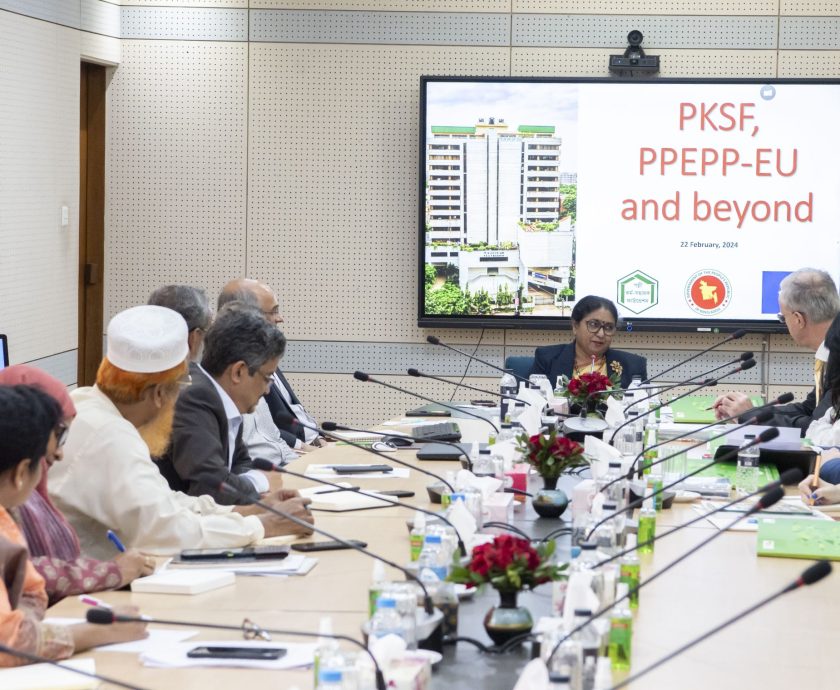EU Head of Development Cooperation visited PPEPP-EU project working area
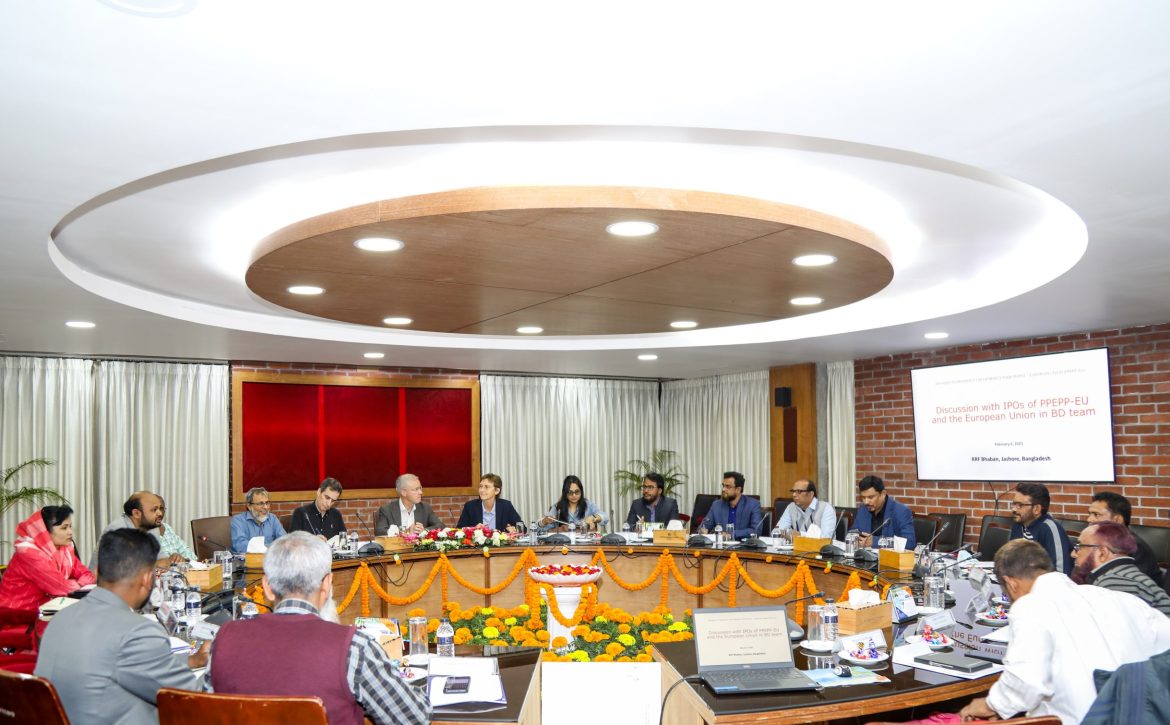
climate-resilient farming Bangladesh EU EU delegation visit to Bangladesh EU Head of Development Cooperation EU-funded projects in Asia Eye camp income-generating activities for rural communities Intergenerational poverty microfinance initiatives Mother and Child Forum PKSF poverty alleviation initiatives in Bangladesh PPEPP-EU Prosperity House rural economic empowerment Social Development Center women's empowerment Bangladesh
